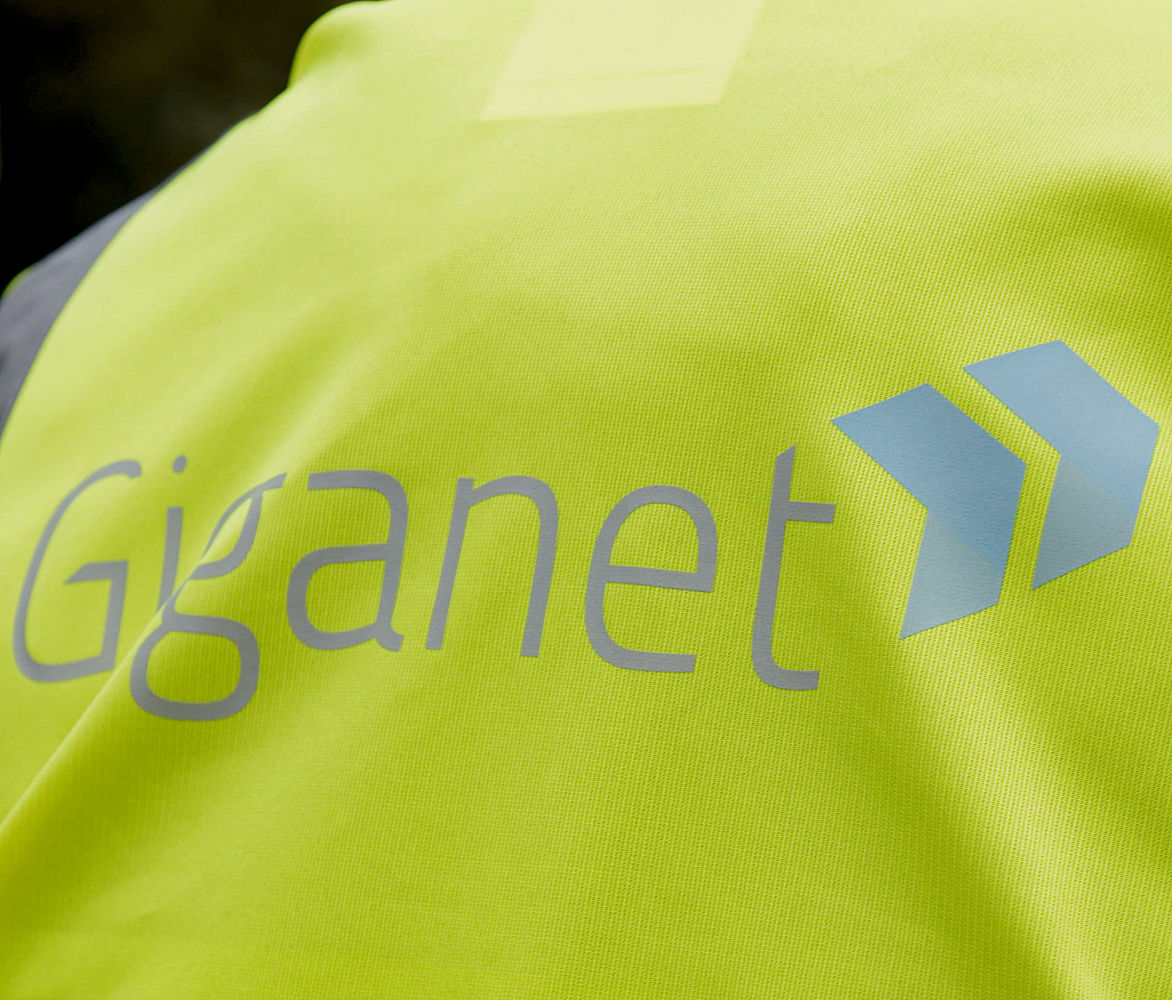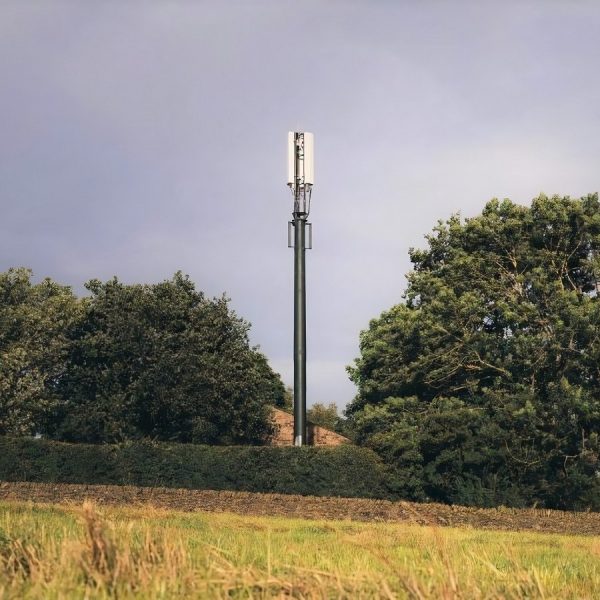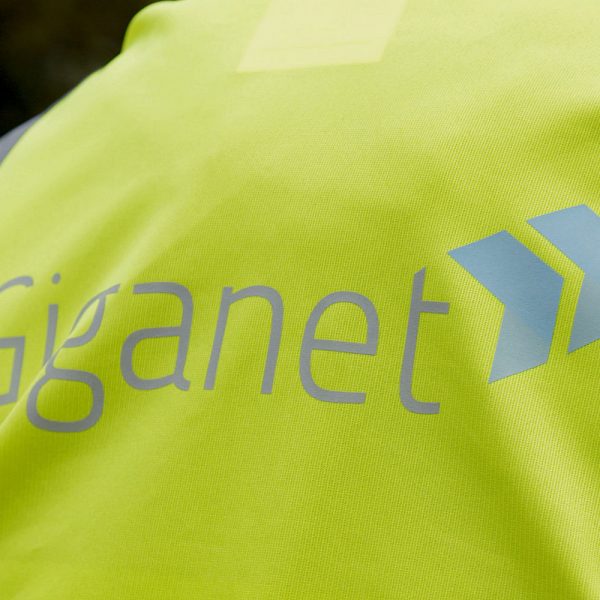UK Gov Start £400m Digital Infrastructure Fund to Boost “Full Fibre” Broadband

Last year the Government committed £400m of public money to support a new Digital Infrastructure Investment Fund (here), which has today gone live. The new fund could help to support alternative network ISPs in deploying ultrafast broadband FTTH/P networks to 2 million extra UK premises.
The Government hopes that the new fund, which is also being supported by 100% business rates relief on new full-fibre infrastructure for a 5 year period from April 2017, could end up being worth £1bn+ once the investment has been matched with funding from the private sector or other sources (e.g. local authorities). The fund itself will run for 4 years.
All of this also plays nicely into Ofcom’s recent Strategic Review (here), which is helping to loosen BT’s hold on the market by making Openreach’s existing infrastructure more accessible to rivals. Suffice to say that the Government are keen to foster more network level competition and this is certainly one way to support that approach.
The fund is to be run on a “commercial basis” and remains primarily targeted at Gigabit (1000Mbps+) capable “full fibre” AltNet ISPs, such as Gigaclear, B4RN, Hyperoptic or Cityfibre etc. (it doesn’t sound as if BT or Virgin Media will be able to benefit). Assuming the original design for the fund still holds then it’ll be usable in both urban and rural areas.
Two leading infrastructure investment firms have been appointed to manage the fund: Amber Fund Management Ltd and M&G Investments (Prudential PLC). Any alternative network providers with an interest in today’s announcement are advised to contact the Fund Managers directly.
Apparently Amber, together with International Public Partnerships (the FTSE 250 infrastructure investment fund to which it is Investment Adviser), are acting as cornerstone investors for the first close, investing £5 million and £45 million respectively.
Andrew Jones MP, Exchequer Secretary to the Treasury, said:
“We are investing £400 million to make sure the UK’s digital infrastructure is match-fit for the future. As technologies change and people’s habits move with them, it is crucial we play our part to ensure Britain stays at the front of the pack.
Gone will be the days where parents working from home see their emails grind to a halt while a family member is gaming or streaming Game of Thrones in the next room. Full fibre will provide us with the better broadband we need to ensure we can work flexibly and productively, without connections failing.”
Mark Collins, Cityfibre’s Director of Strategy and Policy, said:
“We welcome the launch of the DIIF fund today. Addressing the yawning fibre gap which sees the UK at just 2% full fibre penetration vs countries like Spain on 80% is essential. This fund will help to underpin investor confidence and catalyse competitive full fibre roll-out. As the UK’s leading builder of full fibre infrastructure, we look forward to engaging with government to explore how the DIIF could accelerate our future plans.”
At present only around 2-3% of premises in the United Kingdom can access a so-called “full fibre” network (roughly 1 million+ premises passed), which usually reflects a Fibre-to-the-Premises (FTTH / FTTP) style service. Such networks are often considered future proof due to the ease with which they can be upgraded (today a single optical fibre can already deliver multi-Gigabit speeds and even faster speeds are possible).
Last year a report from the Independent Networks Co-operative Association (INCA) claimed that, with the right support, AltNets could reach c.4.9 million within the next few years (here), although this seems wildly optimistic. Meanwhile both Virgin Media and Openreach also expect to add 4 million by 2020, with BT known to be pondering the possibility of doing many more (here).
On the surface £400m might seem like a lot of money and it will certainly be a big help, although in the grander scheme of things it’s still just a drop in the ocean of what would be needed in order to foster a truly significant national deployment of Fibre-to-the-Premises (FTTP/H). As such the Government’s approach seems more designed to encourage competition and progress, rather than to destabilise the existing market. BT already looks poised to respond (here).
Lest we forget that the 2017 Conservative Party Manifesto said that “by 2022 we will have major fibre spines in over a hundred towns and cities, with ten million premises connected to full fibre and a clear path to national coverage over the next decade.” We think that 10 million premises passed with FTTP/H by 2022 is viable, although it will probably still depend upon BT and Virgin Media to do most of the work.
We should point out that the Government’s Budget 2017 announcement also setup a separate £200m fund, which aims to “fund a programme of local projects to test ways to accelerate market delivery of new full-fibre broadband networks” (e.g. full-fibre connection vouchers for businesses, connecting public sector sites and making public sector assets [e.g. cable ducts and street furniture] more accessible to FTTP/H ISPs).
NOTE: It’s worth adding that the Government will officially launch (or should we say re-launch) the fund in Peterborough today, where Cityfibre’s business and public sector focused urban 120km FTTP network will form the backdrop. All 6 of the city’s business parks are now covered. In total 300 sites, including schools and hospitals, have been connected to the network.
The Government suggests that “the city is now a prime candidate for further extension of the network to residential areas, which the DIIF could help finance,” which in this context would probably need to take a form similar to Cityfibre’s joint venture with TalkTalk and Sky Broadband in York (here).
UPDATE 7:10am
Some comments from the fund managers.
John Mayhew, M&G Investments, said:
“We are pleased to be working with HM Treasury in order to play our part in delivering world class, high-speed broadband infrastructure in the UK. This approach ensures that Britain is ready for the future and brings benefits to families and businesses across the country who rely on fast and greater connectivity, as well as ordinary savers through the returns generated for their pension funds.”
Giles Frost, CEO of Amber Infrastructure, added:
“We are delighted to be partnering with HM Treasury and look forward to helping the community of businesses building the next generation of digital networks to scale up and accelerate the rollout of ultrafast connectivity across the UK. Amber will apply its experience in implementing core economic and social infrastructure projects alongside public sector partners to deliver this landmark initiative.”
UPDATE 1:55pm
One small change that we overlooked today is that the Government’s Department for Culture, Media and Sport (DCMS) is being renamed to the Department for Digital, Culture, Media and Sport (DDCMS).
Karen Bradley, Secretary of State for DCMS, said:
“DCMS celebrates its 25th anniversary this year, and it is fitting now to include Digital in the name. The department has taken on significant new responsibilities in recent years, so that half of its policy and delivery work now covers the digital sectors – telecommunications, data protection, internet safety, cyber skills and parts of media and the creative industries.”
The Government said they will continue to reference this department by the shorthand DCMS, rather than DDCMS, in official communications. It’s worth pointing out that DCMS has been looking after more or less everything broadband and telecoms related for quite some years, so there’s no real change under the hood.
Mark is a professional technology writer, IT consultant and computer engineer from Dorset (England), he also founded ISPreview in 1999 and enjoys analysing the latest telecoms and broadband developments. Find me on X (Twitter), Mastodon, Facebook and Linkedin.
« TalkTalk Survey Warns Slow Broadband “Load Rage” Driving Brits Barmy
Latest UK ISP News
- FTTP (5515)
- BT (3514)
- Politics (2537)
- Openreach (2297)
- Business (2262)
- Building Digital UK (2244)
- FTTC (2043)
- Mobile Broadband (1973)
- Statistics (1788)
- 4G (1664)
- Virgin Media (1619)
- Ofcom Regulation (1461)
- Fibre Optic (1395)
- Wireless Internet (1389)
- FTTH (1381)





























































Comments are closed